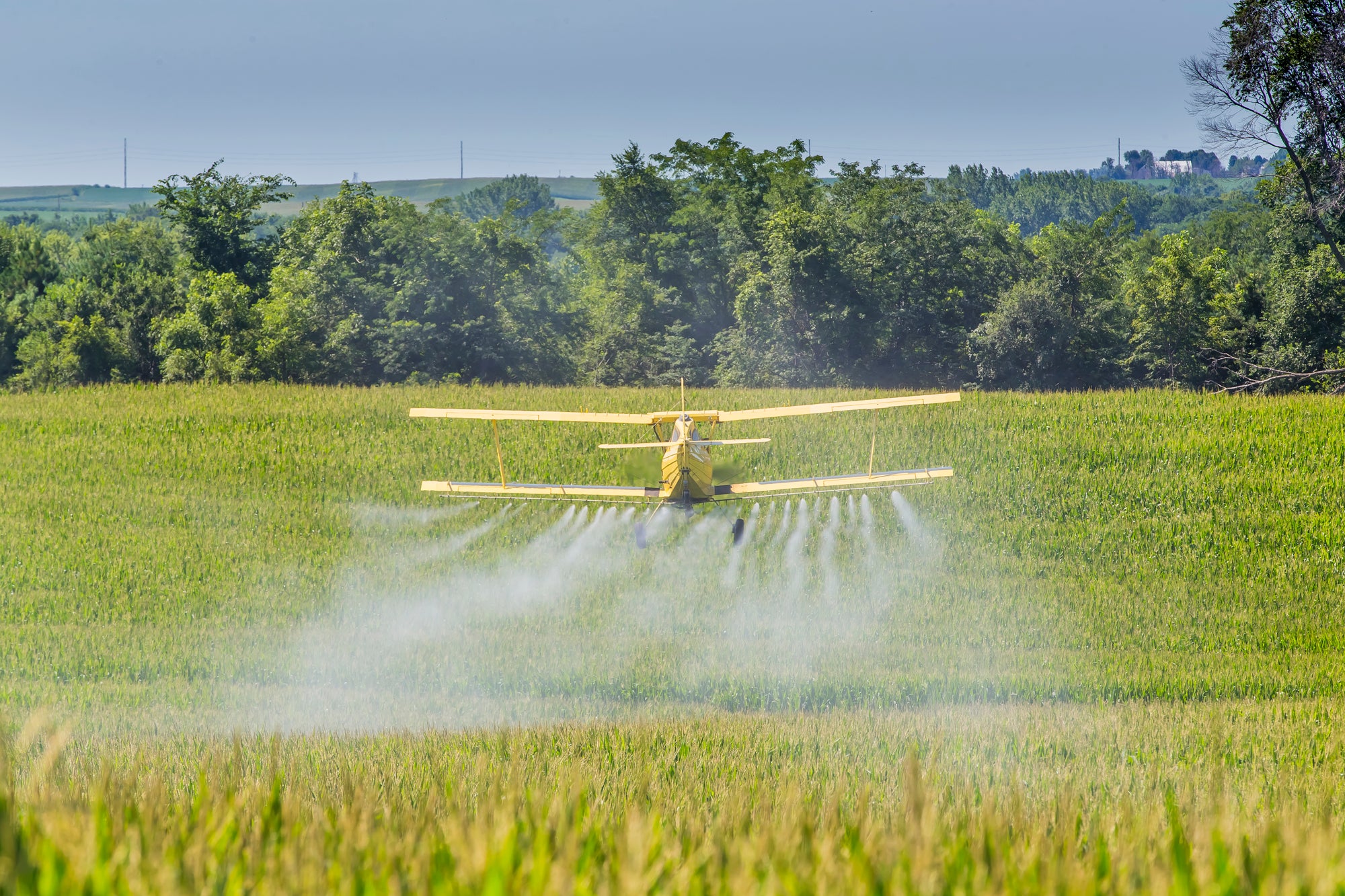When it comes to our food there is a dirty little secret that we might not always think about. That secret is pesticides! Pesticides can wreak havoc on our gastro-intestinal and reproductive systems, brain development, effect our mood, disrupt our hormones, and are even possible carcinogens. The bottom line is we want to avoid them whenever possible. The best way to avoid pesticides in our food is to buy organic. However, purchasing all organic foods can be expensive and is not always possible. So the next best solution is to do our best whenever possible.
Environmental Working Group (EWG)
When deciding if we should avoid a food all together if we can’t find an organic form can help be decided by the work of the Environmental Working Group (EWG). Every year they compile a list of twelve of the “dirtiest” or pesticide laden fruits and vegetables along with fifteen of the “cleanest” or least pesticide contaminated fruits and veggies.
So what does all of this really mean? The “Dirty Dozen and Clean 15” list was designed to let consumers know what foods they should avoid at all costs if not organic, which foods are worth paying a little extra for if organic, and which foods are relatively safe and low in pesticide contamination when it comes to their non-organic form.
One way I like to look at it is, the thicker the peel, the less likely the applied pesticides (fungicides, herbicides, fumigants, and insecticides) are to have gotten on the part of the food you are going to be consuming. For example, a lemon has a very thick peel and once you remove the peel, the fruit inside is much safer. However, it’s important to think about the rind if you are using that portion of the lemon to cook with. The same concept can also be applied the other way around. The thinner the peel, the higher possibility the food may not be as safe to consume.
Ultimately, it really all depends on current industry standards and practices how contaminated certain crops may be. While genetically modified crops (GMO) or round-up ready crops may be sprayed with chemicals more frequently, there are non GMO crops like wheat and barley that are sprayed with chemicals right before harvest to help dry them out and be processed by the machines more effectively. Often these are not included in the EWG list. A few crops to keep in mind when shopping include non organic grains and beans such as oats, barely, wheat, beans, and canola.
Dirty Dozen and Clean 15

So what are the Clean 15 and Dirty Dozen this year? The EWG updates the crops yearly so make sure to check out the latest data:
2019 DIRTY DOZEN
1) Strawberries
2) Spinach
3) Kale
4) Necterines
5) Apples
6) Grapes
7) Peaches
8) Cherries
9) Pears
10) Tomatoes
11) Celery
12) Potatoes
2019 CLEAN 15
1) Avocados
2) Sweet Corn
3) Pineapples
4) Sweet Peas (Frozen)
5) Onions
6) Papayas
7) Eggplants
8) Asparagus
9) Kiwis
10) Cabbage
11) Cauliflower
12) Cantaloupe
13) Broccoli
14) Mushrooms
15) Honeydew Melons
At the end of the day, do your best!

Dirty Dozen: https://www.ewg.org/foodnews/
Clean 15: https://www.ewg.org/foodnews/
They even have apps and tips regarding sunscreens, cosmetics, and household cleaners. So make sure to check them out.







